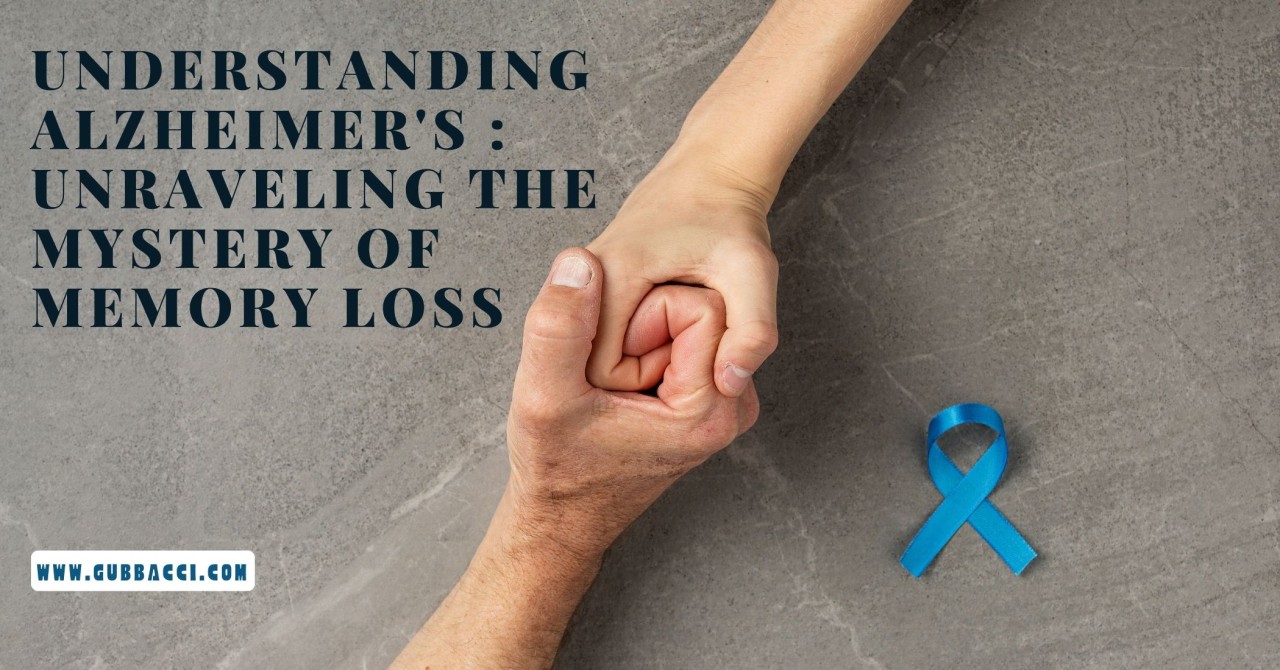Physical Address
304 North Cardinal St.
Dorchester Center, MA 02124

Dementia is a chronic, progressive neurological disorder that affects memory, thinking, and behavior. It impairs cognitive functions such as problem-solving and attention.
Dementia represents a significant health concern globally, impacting an individual’s ability to perform daily activities independently. Early symptoms often include forgetfulness, difficulty in keeping track of time, and becoming lost in familiar settings. As it advances, communication challenges and disorientation ensue, with patients requiring more comprehensive care.
Causes of dementia vary, with Alzheimer’s disease as the most common trigger. Age is the strongest risk factor, while genetics, lifestyle, and cardiovascular health also play roles. Understanding dementia is crucial as it affects millions worldwide, necessitating awareness and early diagnosis for better management. As families seek information, clear and concise resources are vital for navigating the challenges posed by dementia.
Imagine a library where books are slowly vanishing. This is what happens in a brain affected by dementia. Dementia marks the gradual deterioration of cognitive functions. It often starts subtly, with occasional forgetfulness. Soon, the ability to manage daily tasks dwindles, affecting a person’s independence. Understanding dementia is crucial for patients, families, and caregivers alike. It is a collective term encompassing a range of medical conditions characterized by the loss of cognitive functioning.
People often equate dementia to simple forgetfulness. Yet, it extends far beyond misplacing keys or forgetting names. Dementia involves a decline in memory, reasoning, and thinking skills. There are many forms of dementia, such as Alzheimer’s disease, vascular dementia, and Lewy body dementia. These disorders can disrupt a person’s daily life, communication abilities, and even personality traits.
The prevalence of dementia is a global concern. The condition affects millions worldwide, with numbers steadily rising. Stats from the World Health Organization reveal the extent of its reach:
This data illustrates dementia’s profound societal and economic impacts. The cost of care, support, and lost earns for families highlight the disease’s reach. It’s not just a personal struggle; it’s a challenge that societies across the globe face. By comprehending these facts, we step closer to addressing this public health puzzle.
Imagine a maze bustling with activity, a place called the brain. This is the stage where the story of dementia unfolds. It’s an intricate tale of neurons, impulses, and the delicate balance within. To understand dementia, one must first explore the brain’s labyrinth, where science meets the human experience.
Dementia stems from damage to brain cells. This damage affects communication between cells, leading to symptoms of dementia. The brain has several regions, each responsible for different functions. When cells in these areas get damaged, the functions can decline. Let’s dive deep into the primary culprits:
Other factors play a role too:
Different types of dementia are shaped by distinct brain changes. Each type has unique markers. Let’s break them down:
| Type of Dementia | Key Characteristics | Common Initial Symptoms |
|---|---|---|
| Alzheimer’s Disease | Amyloid plaques, neurofibrillary tangles | Memory loss that disturbs daily life |
| Vascular Dementia | Brain damage from reduced blood flow | Impaired judgment or ability to make decisions |
| Lewy Body Dementia | Lewy bodies, abnormal aggregates of protein | Visual hallucinations, movement disorders |
| Frontotemporal Dementia | Cell degeneration in frontal or temporal lobes | Changes in personality and behavior |
Each type of dementia has a distinct journey in the brain’s labyrinth. Understanding these distinctions helps tailor care and treatment. Recognizing the signs allows for earlier intervention and support. This knowledge is a beacon of hope in the labyrinth, guiding through the complexities of dementia.
Understanding dementia involves recognizing the early shifts in a person’s cognitive abilities. These changes often start small. Spotting them early can aid in timely intervention. People experience dementia differently. Knowing the common symptoms and stages can provide insight into this complex condition.
The early stages of dementia can be tricky to identify. Memory slips or mood changes may be subtle. Here’s a list of signs to watch for:
Dementia can be divided into stages that reflect a person’s abilities:
| Stage | Symptoms |
|---|---|
| Mild | Memory loss, confusion, poor judgement, personality changes. |
| Moderate | Increased memory loss, difficulty with language, emotional instability. |
| Severe | Loss of speech, mobility issues, total dependence on caregivers. |
Each person’s journey through dementia is unique. Not everyone will experience all symptoms. However, understanding these stages aids in planning care and support.
Understanding dementia starts with recognizing the risks linked to memory loss.
Many factors can affect an individual’s likelihood of developing dementia.
This post delves into genetics, lifestyle, and how to reduce those risks.
Genetic predispositions can influence the chances of dementia.
If a family member has dementia, this could mean a higher risk for you.
Yet, lifestyle choices play a huge role too.
Factors such as diet, exercise, and cognitive activity impact the odds.
| Genetics | Lifestyle Choices |
|---|---|
| Family history of dementia | Healthy diet |
| Genetic mutations | Regular exercise |
| Mental stimulation |
Regular check-ups help detect health problems early.
Managing conditions like diabetes and heart disease is crucial.
Social connections can also shield the brain.
They promote emotional health and cognitive function.
Stay connected with friends, family, and community activities.
Dealing with Dementia: Support Systems and Care is a critical aspect of managing life with the condition. Such support can drastically alter the daily experience of those affected. It empowers patients and caregivers. Everyone involved needs knowledge, patience, and access to resources to ensure the highest quality of life possible.
Life with dementia presents unique challenges. Memory loss, confusion, and difficulty with routine tasks can be distressing. Adaptation is key. Simple changes in the living environment can make a big difference. These include clear labels on doors, safety modifications, and establishing a regular routine. It minimizes frustration and enhances independence.
Caregivers are the backbone of dementia care, but they also need support. Community resources provide relief and guidance. Local support groups offer a space to share experiences and coping strategies. Organizations often run educational programs. These resources help caregivers manage stress and avoid burnout.
| Resource Type | Benefits |
|---|---|
| Support Groups | Shared experiences, emotional support |
| Educational Programs | Skills for caregiving, understanding dementia |
| Respite Care | Temporary relief, time for self-care |
Digital resources also play a role. Online forums bring people together globally. Websites offer up-to-date information on dementia care strategies. Digital tools such as reminder apps can help manage the condition. Remembering medication times or doctor’s appointments becomes easier.
Dementia paints a story that often seems void of a happy ending. Yet, within the vast realm of medical research, a new chapter brims with promise. Glowing with potential and advancement, the future of dementia research offers a beacon of hope to individuals, families, and caregivers affected.
Scientists and researchers tirelessly hunt for breakthroughs to outsmart dementia. New treatments emerge. From medications that slow down memory loss to lifestyle changes that protect the brain, every discovery shines light on dark corridors. Cutting-edge technology like artificial intelligence aids in early detection and personalized care, guiding us closer to victory over this ailment.
Research alone will not win this battle. Strong public policy and advocacy play crucial roles. They mold a society that supports and integrates individuals living with dementia. Effective policies ensure resources are available and accessible. Advocacy amplifies the voices of the impacted, driving the agenda forward toward a dementia-friendly future.
| Public Policy | Advocacy Efforts |
|---|---|
| Funding for research | Raising awareness |
| Improved care standards | Support groups |
| Training for caregivers | Educational programs |

Credit: www.amazon.com
The life expectancy for someone with dementia varies, typically ranging from 3 to 11 years post-diagnosis, depending on various factors such as age, health, and dementia severity.
Recognizing dementia involves noticing key symptoms: memory loss, confusion, mood changes, and difficulty with daily tasks. A healthcare provider can diagnose after assessment.
Memory lapses often emerge as the first noticeable symptom of dementia, particularly in remembering recent events or conversations.
The main cause of dementia is the damage to brain cells, affecting their ability to communicate. This damage can result from various diseases, including Alzheimer’s, which is the most common.
Understanding dementia is crucial for early intervention and effective care. As we unravel its complexities, we advance towards better management options. Remember, seeking medical guidance at the first sign of symptoms is key. Let’s embrace empathy and support for those affected, fostering a kinder community for all.

